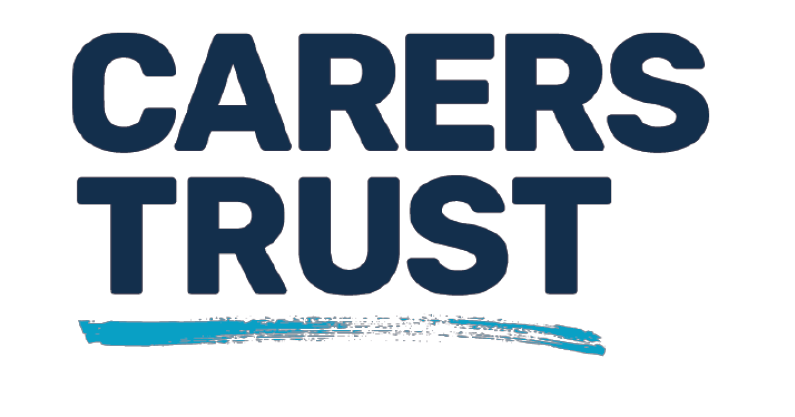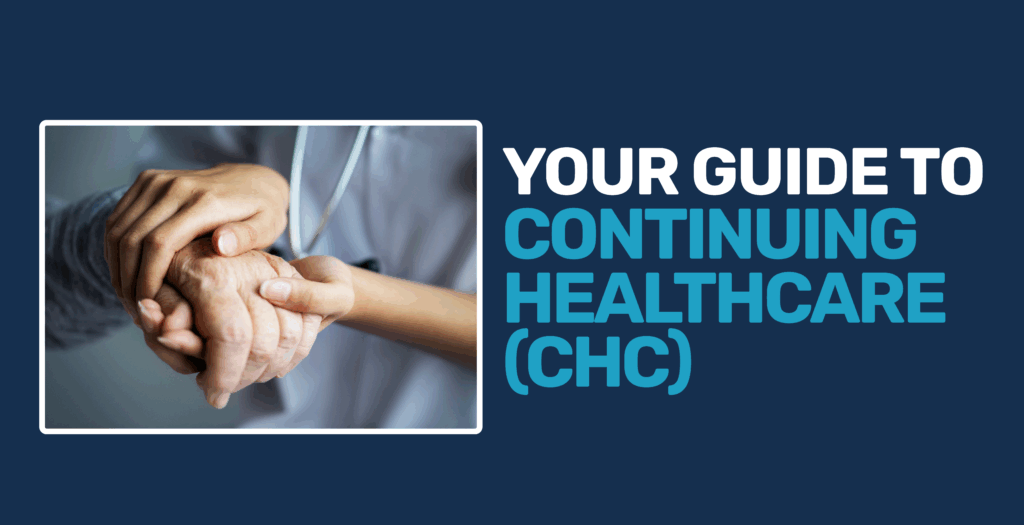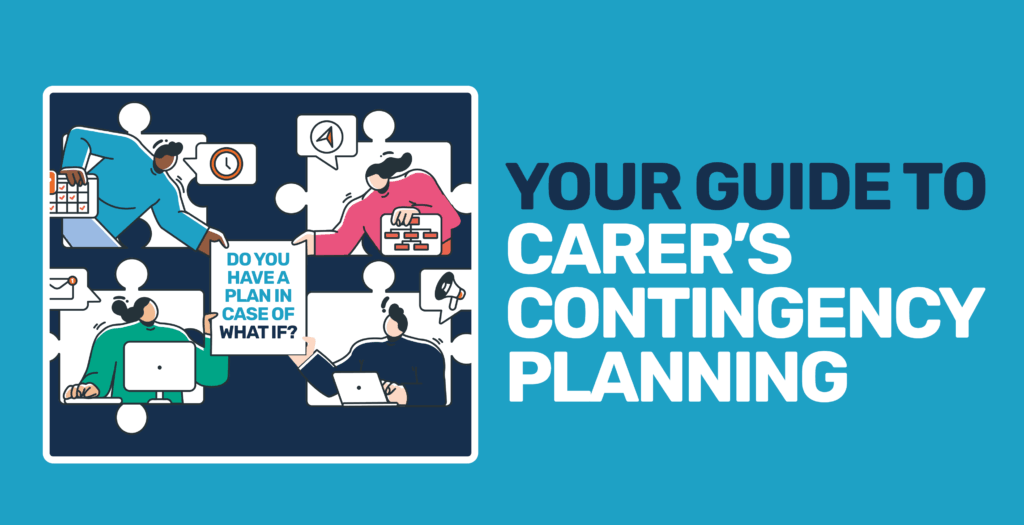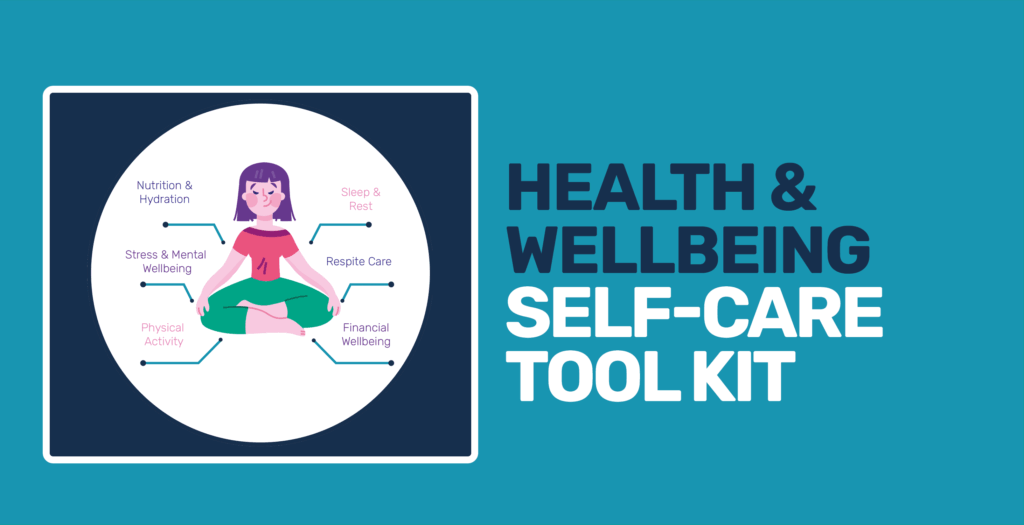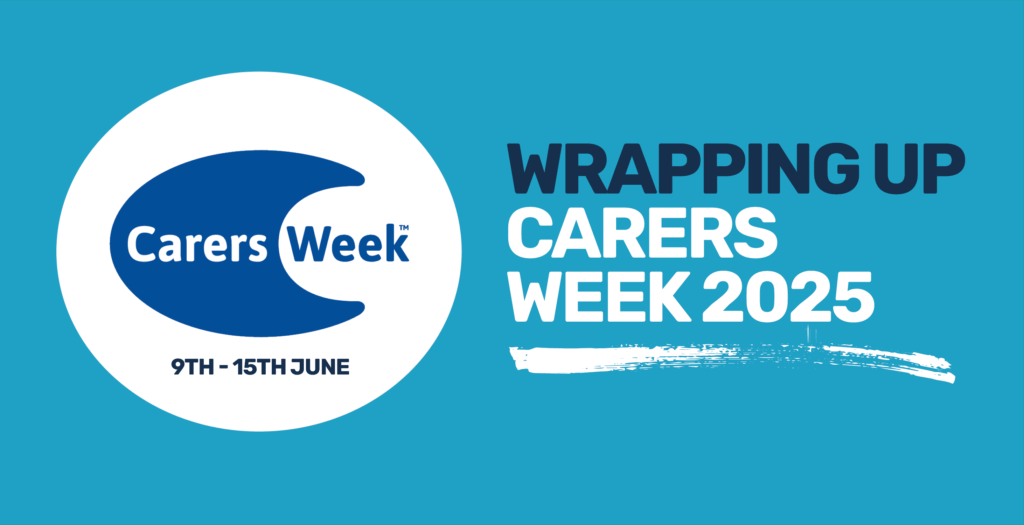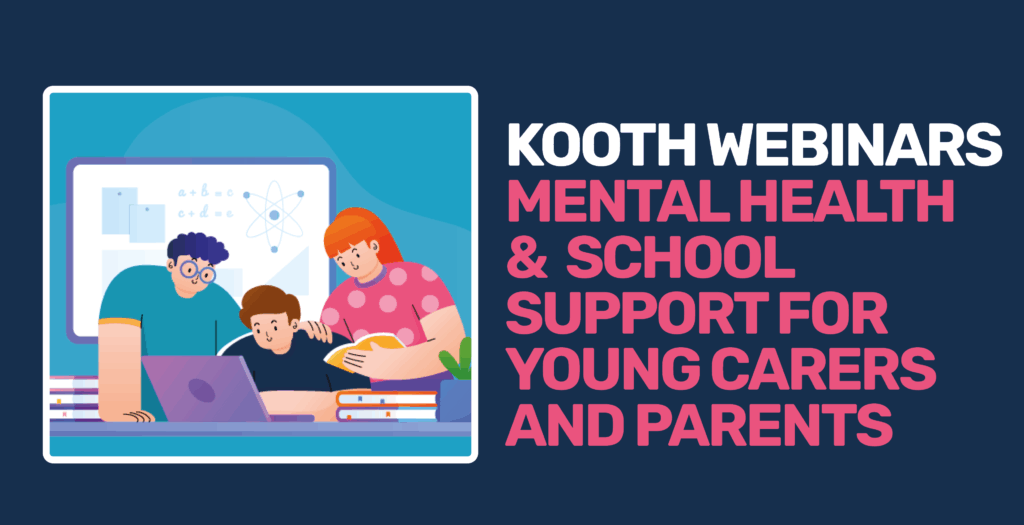In the summer Carers Trust sent out a survey to unpaid carers and an impressive 3,430 responded. This has provided a wealth of information from a statistically signifcant sample, that provides clear evidence of the needs of unpaid carers.
Here is a summary of the report created from the survey. The full report will be made available to you at the bottom of this page.
The report gives an eye-opening story of the feelings of neglect and non-support unpaid carers go through everyday, but still continue to care within a complex and antiquated system. Some of these issues are not new and have been reported repeatedly throughout the Carers Trust network, yet little has been done by the Government and support systems to change or improve the circumstances.
Around half (49%) of unpaid carers felt they had a choice about being an unpaid carer, meaning there are other options available to them but still choose to support and care for their loved ones. This shows the unrelenting motivation and positive impact unpaid carers have on the people in their lives, which comes at no small cost. Unpaid carers provide increasingly more hours of care for increasingly complex issues, supporting a health and social care system in crisis. The Association of Directors of Social Services (ADASS) 2023 annual survey found that nearly half (46%) agreed or strongly agreed that their council’s ability to meet the needs of unpaid carers in their local area had reduced. Nearly all (91%) of directors agreed or strongly agreed that unpaid carers in their area have been coming forward with an increasing level of need over the past 12 months. The level of responsibilty unpaid carers shoulder goes well beyond the people to whom they provide care, they are supporting the health and social system as a whole.
Yet they are the ones most ignored.
Key Findings
41% of unpaid carers from across the UK told Carers Trust their time spent caring has increased over the last 12 months. Of these:
• More than one-third (36%) of respondents said that their caring role had increased by 20-49 hours a week, and
• One-in-eight respondents (12%) said it had increased by over 50 hours a week. When asked about the reasons their caring responsibilities had increased:
• 72% of respondents said the person they are caring for needs more care
• 21% said they don’t get support from their local authority anymore or that the amount of support they get from their local authority is less than before and
• 21% said they have taken over providing unpaid care from another unpaid carer.
When we asked what support unpaid carers need, they told us:
1. Better support for the person or people they care for
2. A break or respite
3. More money to spend on what they need for their caring role.


It was found that the majority of unpaid carers signposted to levels of support to charities such as ourselves and other local council support, came through word of mouth from friends and family. It was found that highest proportions of unpaid carers (26%) had to find out about support by themselves. The second highest response (18%) are still unaware of support available for unpaid carers.
These results, and more in the full report, show the clear need to improve the information available to unpaid carers, as well as providing it in more accessible and understandable methods. It was found in the Survey of Adult Carers in England (2021/22) the percentage of unpaid carers found it easy to find information or advice about support, services or benefits decreased from 16% in 2018-2019 to 14% in 2021-2022. With 15% of unpaid carers finding it very difficult to source any sort of usable information.
In terms of unpaid carers being signposted to support, their own personal networks were by far the most effective – friends (42%) and family (37%) directed unpaid carers to support compared to their local authority/council (28%).
This lack of knowing what is available to unpaid carers, or indeed even being aware that they are an unpaid carer, is why we at Carers Trust Solihull have been increasing our online awareness. Social media and having an online presence are such powerful tools, with a much wider coverage than public pop-ups and drop-ins. It offers unpaid carers more opportunities to be turned on to our services, to receive the support they need. This doesn’t mean we will be stopping or slowing the public events either. In fact we are aiming to increase them where possible and with the help from our partnerships with local businesses and organisations, we are now more ffective and wide reaching than we have ever been. If you see us around in the library, schools, businesses, you see one of our online posts, or listen to our podcast (Carers Talk) then please share it. You never know if someone else who needs the support will be helped by you pushing and sharing the message.
“How long did it take you to know about support for unpaid carers?”

“Please tell us where you found out about support or services to help unpaid carers”

Existing research shows that 73% of those providing unpaid care do not see themselves, or identify, as unpaid carers. This is why signposting and getting the right information out there is vital to those in need of support, as they may be unaware they are entitled to it. We have seen it time and time again how people providing care see it as something they just do. They then deal with the obligations and responsibilites of being an unpaid carer by themselves, with no support or guidance, due to their sense of responsibility.
It is vital that those providing unpaid care are made aware of their role and can access the information, support and advice they need to provide the level of care required but also for themselves to be cared for. Time and time again we hear from people not realising they are carers; they see themselves as parents, spouses, friends, family – doing what they feel must be done and not realising support is available to them. People give up their social lives, their careers, their own health and more in order to look after a loved one. It is critical that those people receive help and support, and the advice and information to inform them that they are indeed unpaid carers.
Recommendations to improve the support for unpaid carers
The survey has highlighted key areas of failure in the support system and where improvements must be made. Carers Trust has six recommendations for the UK government, local authroities, and the healthcare system to implement, in order to offer a more effective and sustainable system of help and support.
The UK Government must urgently and sustainably fund health and social care.
Funding is urgently needed to improve the viability of local carer support. This must include:
- Money that is ringfenced to support unpaid carers,
including a ringfenced element within the Better
Care Fund in England, and involvement of unpaid
carers in how it is spent locally. - A mechanism to ensure the value of locally awarded contracts
can be amended annually in line with inflation. This will ensure
contracts are sustainable and in line with the cost of delivery.
Professionals must improve the early identification of unpaid carers.
Identifying as an unpaid carer is the first step towards seeking and accessing help. To improve the consistency of identifying unpaid carers across the system, the UK Government should:
- Introduce a legal duty for professionals within
the NHS to identify unpaid carers. - Invest in a national communications campaign to
help unpaid carers identify themselves and others
in their local communities. This will allow more unpaid carers to see
themselves as unpaid carers and help them realise they are entitled
to help. This should be distinct from paid care workers.
National and local government must ensure effective community provision for unpaid carers
In England, the Health and Care Act 2014 gave new powers to the Care Quality Commission (CQC) to assess how well local authorities are delivering their
legal duties, including those related to assessing unpaid carers’ needs and meeting those needs. This has the potential to ensure local areas are adhering to their legal duties and to spread good practices. Councils should use toolkits such as those
developed by the Local Government Association and supported by Carers Trust and others to help them with CQC assurance.
- Unpaid carers across the whole of the UK should have a statutory
right to short breaks. Ringfenced funding must be available to
local authorities for unpaid carer support, including personalised,
flexible breaks. This must be accompanied by replacement care and
accessible information to unpaid carers on the different types of
breaks they can take. - Health and social care services should learn from and implement the
Triangle of Care model, which sets out six key standards for better
collaboration and partnership with unpaid carers throughout the
service user’s and carer’s journey through services. - In England, Integrated Care Boards must adhere to their new duties in
the Health and Care Act 2022 to involve unpaid carers and their local
representatives in the commissioning and designing of services that
impact them.- Local carer services and unpaid carers must be supported and
receive funding to take part in relevant decision-making at all
levels and have the capacity to do so.Better partnership between local authorities, statutory services, local carer organisations, and unpaid carers.
- Local carer services and unpaid carers must be supported and
- Better partnership between local authorities, statutory services, local
carer organisations, and unpaid carers.
National and local government and wider professionals must ensure the specific needs of unpaid carers from diverse demographic groups are understood and me
Unpaid carers from different demographic groups have different experiences, and some groups of unpaid carers experience particular barriers to knowing about or accessing support. Carers Trust recommends that:
- An intersectional approach to support and services must be prioritised to ensure support is inclusive and accessible for all unpaid carers. This approach must include better training for staff and improved collection of good-quality demographic data.
- Lessons from successful services reaching unpaid carers from seldom-heard groups must be captured and shared to improve practice. For instance, learning from local carer organisations delivering Carers Trust’s Making Carers Count programme.
Intersectional approaches must be part of the funding process. - Connections between carer organisations, organisations representing
people from seldom-heard groups and local statutory partners
must be encouraged and facilitated to promote the development
of services which have an intersectional approach to inclusion.
Commissioners should ensure specialist organisations are available
and that there are established signposting and referral routes for
unpaid carers from seldom-heard groups. - Further research should examine inequalities and gendered
experiences of providing unpaid care and in the journeys of accessing
the support required.
The UK Government must reform Carer’s Allowance to ensure a fair deal for unpaid carers.
Carer’s Allowance must be completely reformed. Carers Trust recommends that:
- The earnings threshold for Carer’s Allowance must be increased to ensure unpaid carers who are also in employment are not deterred from increasing their working hours due to concerns over losing their entitlement. In reforming the earnings threshold for Carer’s Allowance, the earnings cliffedge that carers currently face, should be removed. Carer’s Allowance should also rise in line with inflation and with increases in minimum and living wage rates, whichever is higher.
- The amount of Carer’s Allowance must be increased to ensure unpaid carers are not at risk of living in poverty due to their caring role.
- Reduce the qualifying 35-hour eligibility criteria for Carer’s Allowance.
- Revoke the pension eligibility criteria to claim Carer’s Allowance. Currently, if you receive a full State Pension you will not get a Carer’s Allowance payment.
- The 21-hour study rule should be scrapped so unpaid carers can be enrolled in full-time education courses and receive Carer’s Allowance.
- If caring for more than one person, unpaid carers should be able to combine their total caring hours.
The UK Government must support unpaid carers to get into or stay in work.
To improve labour market outcomes for unpaid carers, Carers Trust calls for following recommendations:
- Carer’s Leave should be paid. Carers Trust welcomes the Carer’s Leave Act but believes this should be a first step in supporting unpaid carers in the workforce.
- Unpaid carers having access to good quality alternative care if they are to seek work or training opportunities.
- All workplaces having a dedicated unpaid carer policy to support unpaid carers. At a minimum, this should include the following:
- Workplaces should become accredited as carer-friendly organisations with the necessary policies and processes to support unpaid carers and reduce the stigma of caring in the workplace.
- More specialist unpaid carer employability programmes should be commissioned, offering holistic, individually tailored support. These programmes should include the input of local carer organisations, employability providers and employers to ensure the carers’ needs are met. Programmes should be evaluated to build the evidence base on ‘what works’ to support unpaid carers to enter and remain in the workplace.
- Carer Passports should be more widely used. Carers Trust and Carers UK worked on a Department of Health and Social Care-funded project to develop Carer Passports for the workplace. A Carer Passport5 provides structure to support a conversation about the flexibility needed to combine work and care. This conversation involves balancing the needs of the employee with the needs of the business within existing company policies.
This has been a snapshot of the wealth of information provided in the report and we hope you can see just how far we still have to go, to give unpaid carers the support and respect they need and deserve.
From learning of the experiences from the 3,430 respondents living within the caring system, as well as propping it up, we now have a greater understanding of the vital support given by unpaid carers but also what they require to carry out their challenging work.
The full report goes much deeper into the experiences of carers, across all diversities and socieconomic backgrounds; fully fleshing out the struggles, successes, and need for improvements for all unpaid carers to keep doing their incredible work.
You can find the full report here: Adult Carer Survey Report
Below you will find links to our online presence as well as contact information.
Please view and share them as much as possible to help us get our messages out to as many people as possible. Not only will this help inform and support unpaid carers, it can also help those who don't even know they are unpaid carers to come forward and start receiving support.
You can always find us online by our username:
@solihullcarers
Address:
Carers Trust Solihull
Fire Station Annexe
620 Streetsbrook Rd
Solihull
B91 1QY
Phone number:
0121 788 1143Email address:
centre@solihullcarers.orgWebsite:
http://www.solihullcarers.orgWhere we are…
Map Controls
Use the + button on the bottom right of the map to zoom in
Use the – button on the bottom right of the map to zoom out
Click Directions near the top left corner to input your location and find your way to us.
Click on ‘View larger map‘ near the top left corner to be taken a larger view of the map with more options for viewing and getting to us.
